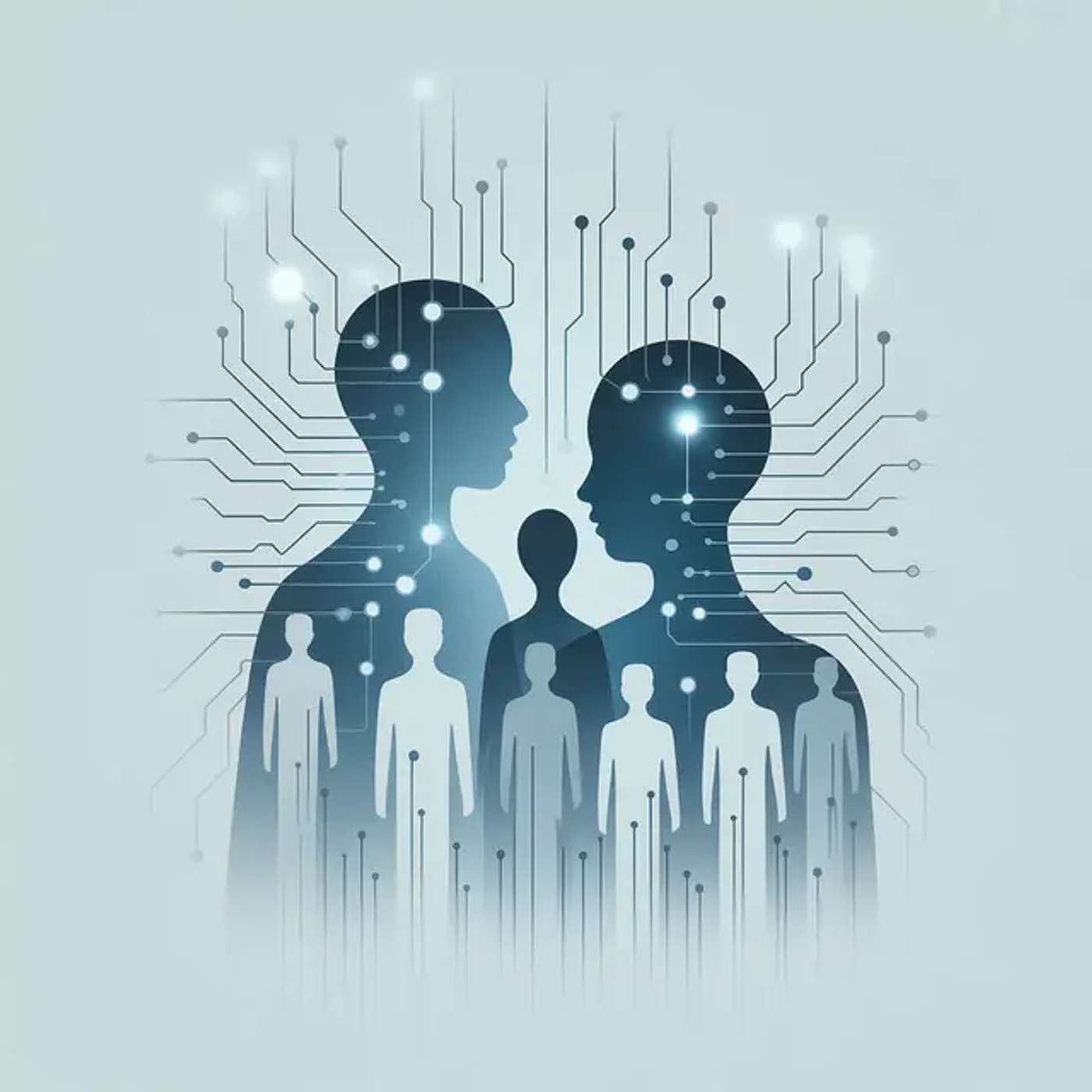
Who's Responsible When AI Gets It Wrong?
Summary
We explore the evolving ethical landscape of AI in software development, examining how the focus has shifted from simply making technology work to ensuring it operates fairly and responsibly. The growing public demand for trustworthy AI systems has transformed developer responsibilities, requiring both technical expertise and moral judgment. • Core ethical principles of fairness, accountability, and transparency form the foundation for responsible AI • Bias in AI systems creates real-world h...We explore the evolving ethical landscape of AI in software development, examining how the focus has shifted from simply making technology work to ensuring it operates fairly and responsibly. The growing public demand for trustworthy AI systems has transformed developer responsibilities, requiring both technical expertise and moral judgment.
• Core ethical principles of fairness, accountability, and transparency form the foundation for responsible AI
• Bias in AI systems creates real-world harm, particularly for marginalized communities
• Explainability challenges in "black box" algorithms undermine trust and complicate regulatory compliance
• Privacy protection requires both legal compliance and technical safeguards like encryption and anonymization
• Clarity around responsibility is essential when AI systems make consequential decisions
• AI automation raises concerns about job displacement and widening economic divides
• Ownership questions around AI-generated content create legal uncertainties
• High-stakes domains like healthcare and autonomous weapons demand especially rigorous ethical frameworks
• Building ethical AI requires cross-disciplinary teams, regular audits, and embedded ethical practices
• Responsibility for ethical AI must be shared among developers, regulators, and the public
Stay sharp, everyone, and don't let your AI do all the thinking for you.